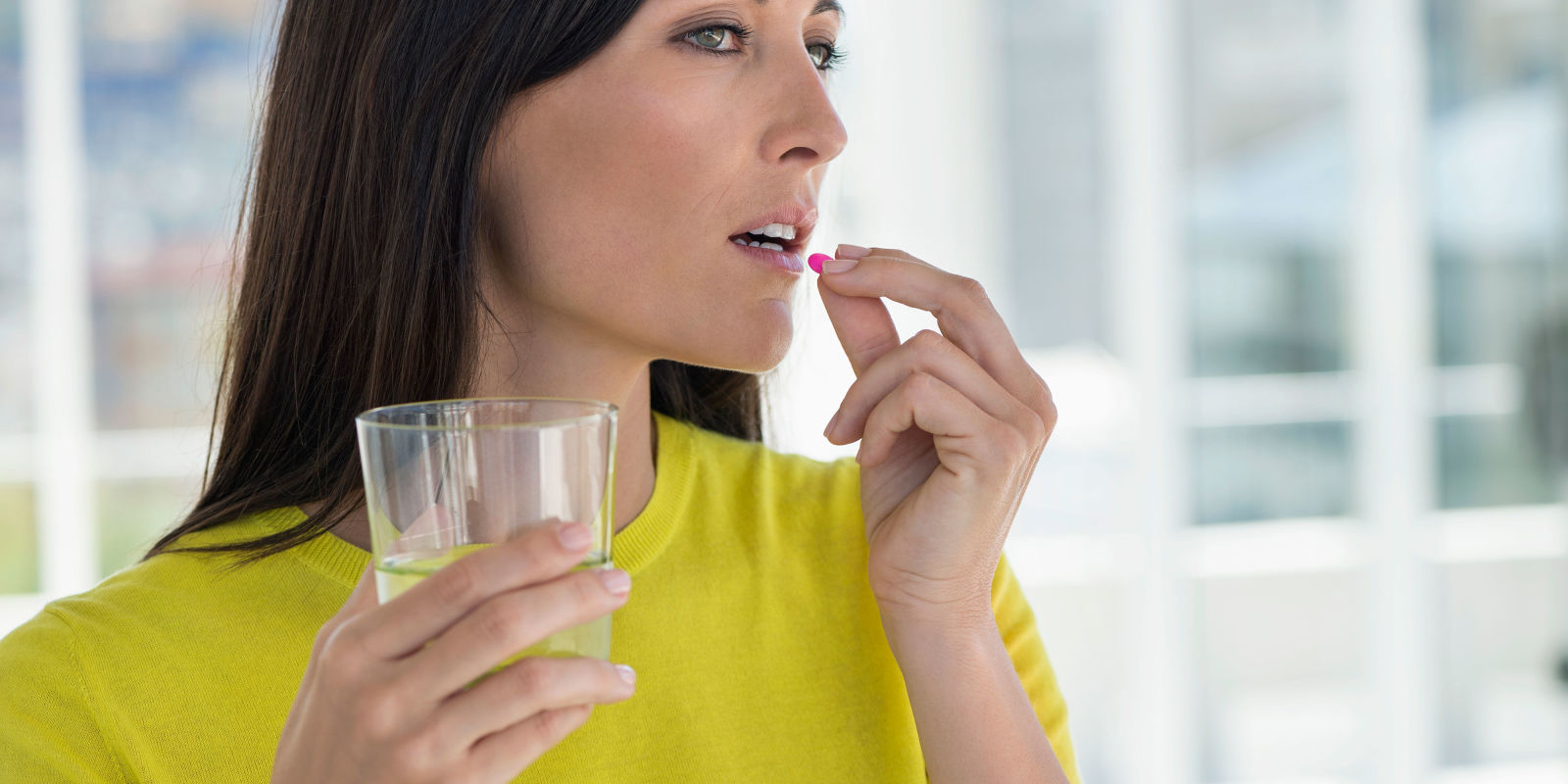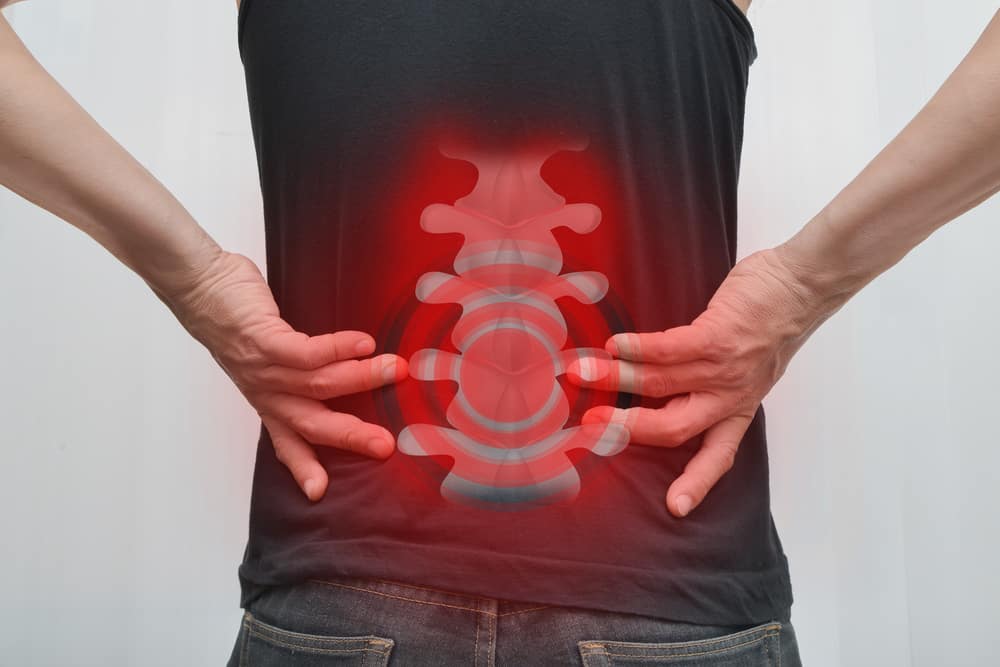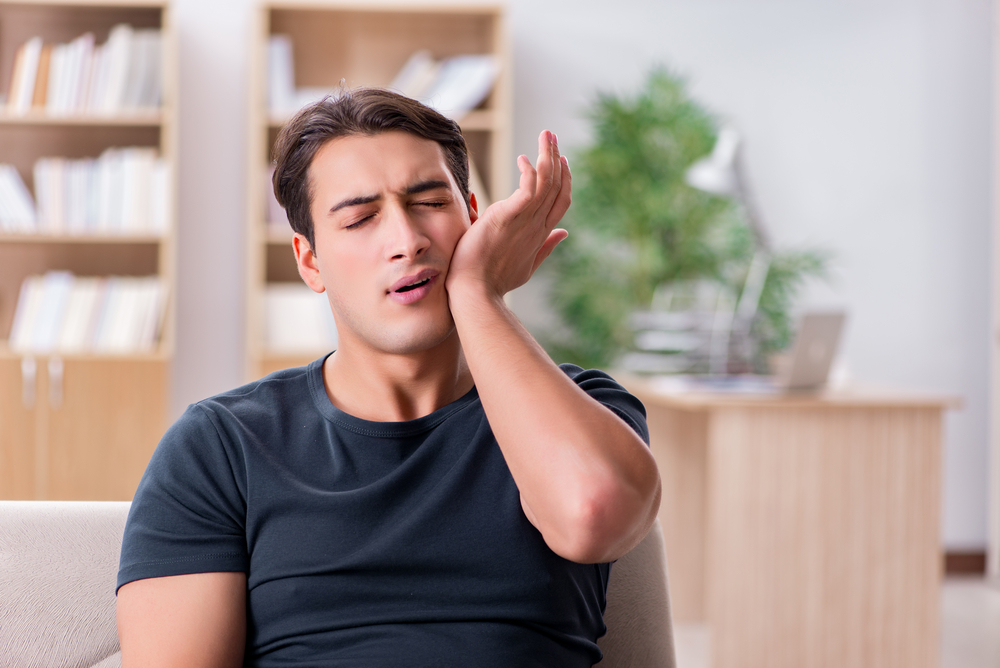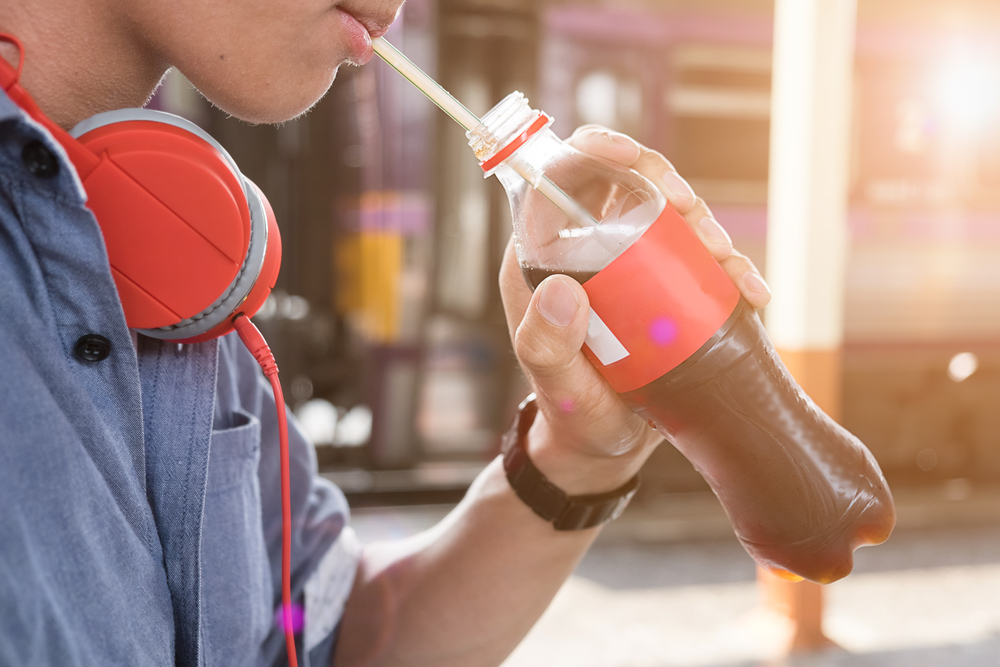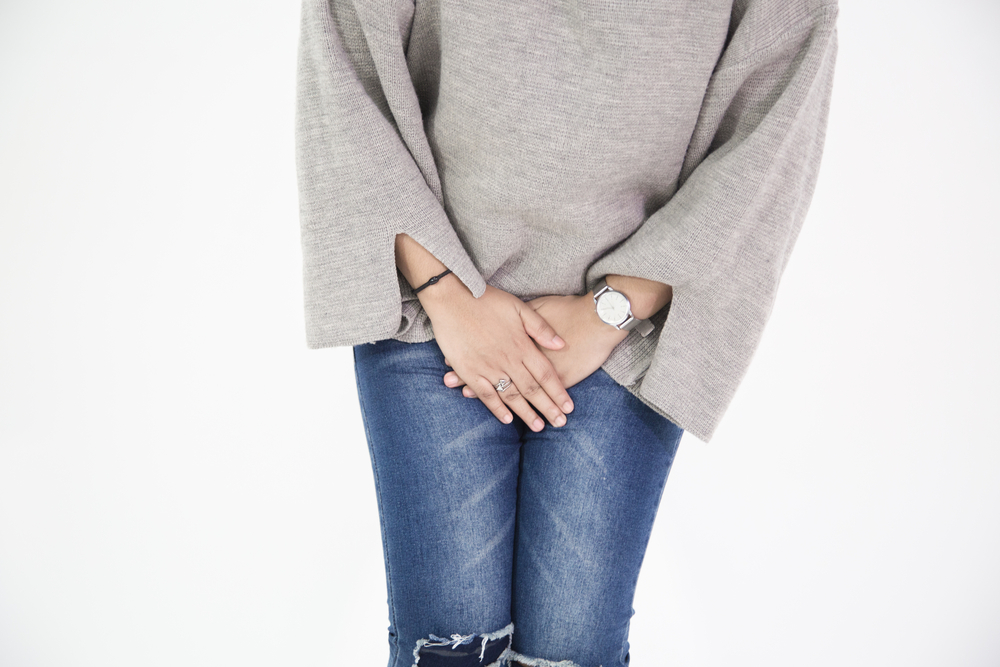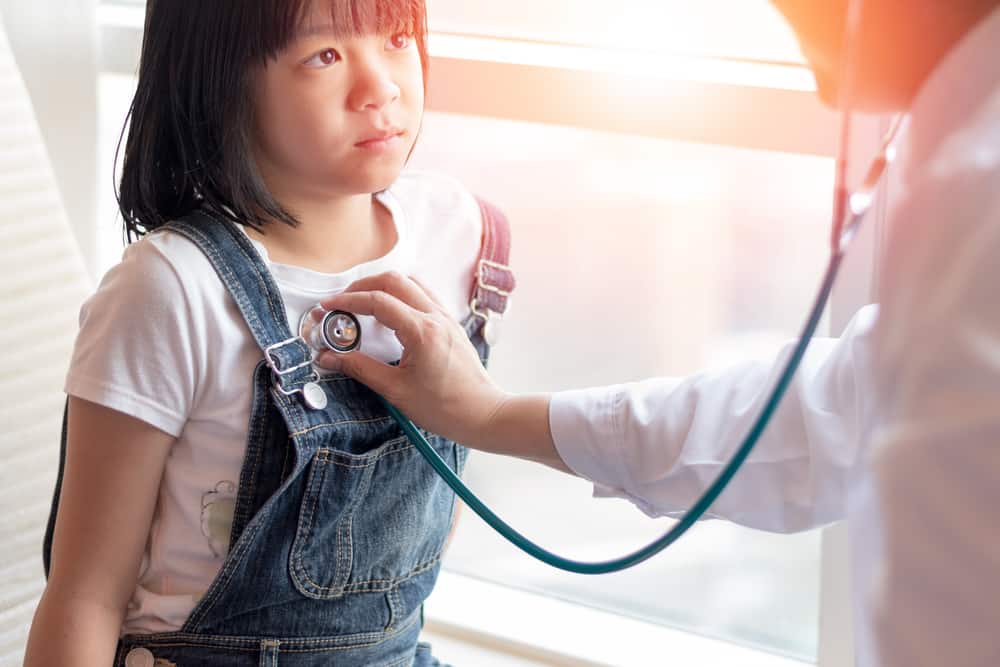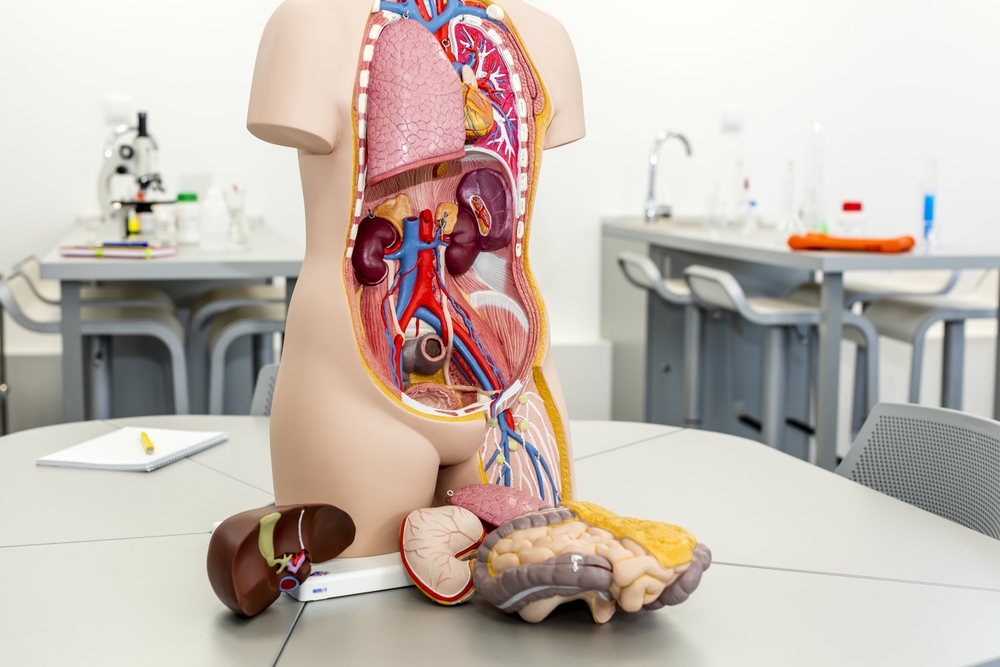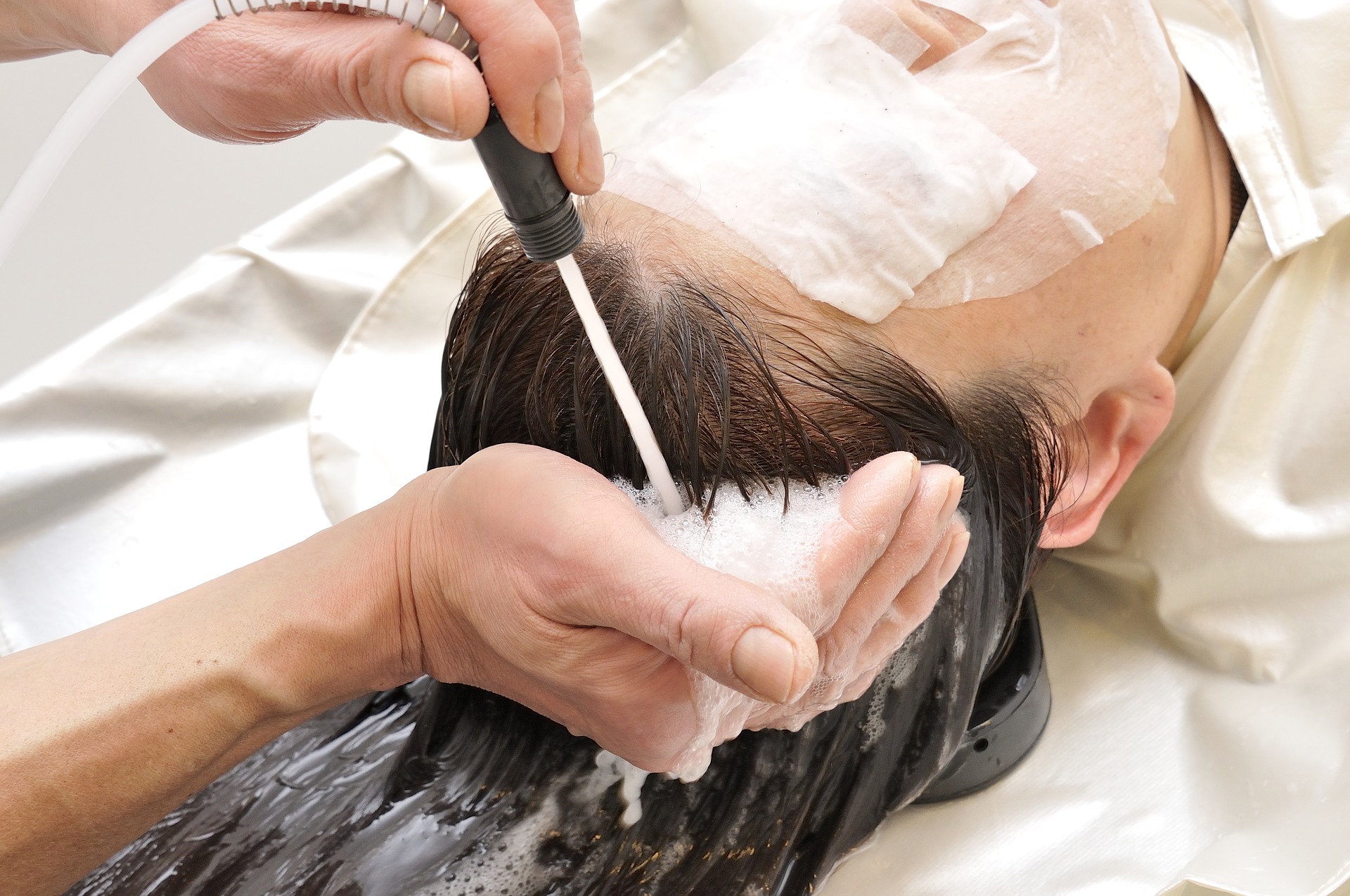Contents:
- Medical Video: How to Treat Different Types of Acne
- The various types of acne medications you need to know
- 1. Erythromycin
- 2. Tetracycline
- 3. Doxycycline
- 4. Minocycline
- 5. Tretinoin
- 6. Isotretinoin
- 7. Bactrim
- 8. Ortho Tri-Cyclen
Medical Video: How to Treat Different Types of Acne
In addition to creams or ointments, there are also acne medications. Both function the same, which reduces and heals inflamed facial skin. The difference is only use from outside and from inside the body. What are the types of acne medication available? Then are there certain effects and influences?
The various types of acne medications you need to know
1. Erythromycin
Erythromycin is one type of antibiotic that functions to kill bacteria in inflammation due to acne. This drug is also sensitive to sunlight, so avoid sun exposure or wear protective clothing if you leave the house during the day. The side effects of taking this medicine can cause diarrhea, vomiting, loss of appetite, vomiting and abdominal pain.
2. Tetracycline
Tetracycline is an antibiotic drug that is able to treat acne by reducing inflammation and killing acne-causing bacteria. The most common side effects associated with this drug include nausea, vomiting, abdominal pain and diarrhea.
3. Doxycycline
Doxycycline is an acne medication that takes derivatives from tetracycline drugs. Its function is to slow the growth of bacteria that cause acne in the body. This antibiotic is sensitive and reacts to sunlight, so avoid exposure to artificial ultraviolet light or natural sunlight as long as you take this medicine. Doxycycline drugs also have an effect on reducing the effectiveness of birth control pills.
4. Minocycline
Minocycline acne medication serves to reduce inflammation and kill the bacteria that cause acne. The American Osteopathic College of Dermatology said that this antibiotic drug taken is quite effective in eradicating acne-causing bacteria. In addition, the anti-inflammatory content of this drug can reduce swelling, pain and redness in acne.
5. Tretinoin
The acne medication to take tretinoin is used to make the facial pores clean, so that it can prevent inflammation caused by the amount of dirt on the face. This drug also helps bring a new layer of skin, by exfoliating.
Unfortunately, the side effects of tretinoin can cause hair loss, headaches, digestive disorders, itching of the skin, bloating, anxiety, belching, mood swings, blurred vision, nausea, weakness, vomiting and difficulty sleeping.
6. Isotretinoin
According to the Mayo Clinic, most doctors prescribe isotretinoin only to treat nodular acne which causes a reddened face and pain due to inflamed zits. This drug is also useful in reducing the amount of oil produced.
7. Bactrim
The bactrim drug contains trimethoprim and sulfamethoxazole, both of which function to treat various types of bacterial infections that cause acne. Some of the side effects of acne medications include joint pain, insomnia, ringing in the ears, swollen tongue and dizziness.
8. Ortho Tri-Cyclen
Ortho tri-cyclen acne works to balance hormones that prevent the sebaceous glands from producing too much oil. Because facial oil can clog the pores and increase the appearance of zits. If you are an active smoker and aged 35 years and over, it is not recommended to take this medicine because of the risk of blood clots.

